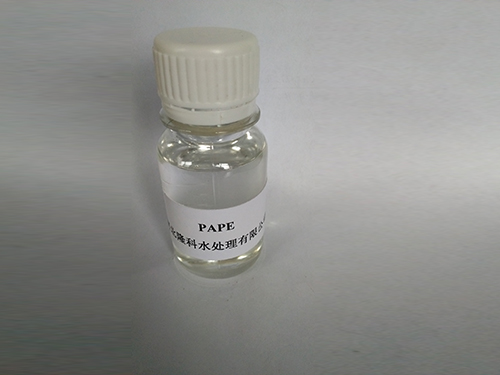Effective Flocculant Solutions for Enhanced Water Treatment Processes and Environmental Sustainability
Flocculant in Water Treatment A Comprehensive Overview
In recent years, the demand for clean and safe drinking water has become increasingly pivotal due to growing population and industrialization. As a result, effective water treatment methods have gained significant attention. One such method that plays a crucial role in the purification process is the use of flocculants. This article aims to explore the importance of flocculants in water treatment, their mechanisms, types, applications, and environmental implications.
Understanding Flocculants
Flocculants are chemical agents that aid in the aggregation of small particles in water, forming larger clusters known as flocs. These flocs can then be easily removed from the water body through sedimentation or filtration processes. The need for flocculation arises primarily in situations where suspended solids, colloids, and dissolved organic matter must be separated from water to enhance its clarity and quality.
Mechanisms of Flocculation
The flocculation process typically involves several stages. Initially, suspended particles in the water are randomly dispersed, making it challenging for them to settle. When flocculants are added, they neutralize the charge of these particles, allowing them to come closer together. Following this, bridging occurs, where the flocculant molecules link multiple particles, facilitating their aggregation into larger flocs. Finally, these larger flocs exhibit increased settling rates, allowing for their effective removal from the water column.
Types of Flocculants
Flocculants are categorized into two main groups inorganic and organic flocculants.
1. Inorganic Flocculants These are primarily metal salts, with aluminum sulfate (alum) being the most common. They work efficiently in neutral to acidic pH levels and are effective in removing turbidity and color from water.
2. Organic Flocculants These are synthetic or natural polymers that can be cationic, anionic, or non-ionic. Organic flocculants such as polyacrylamides, can provide higher efficiency even at lower dosages compared to inorganic alternatives. They are particularly useful in treating industrial wastewater due to their ability to handle a variety of contaminants.
flocculant water treatment

Applications of Flocculants
Flocculants find widespread application across various sectors, including municipal water treatment, industrial wastewater management, and the food and beverage industry
.- Municipal Water Treatment Flocculants are crucial in the preliminary stages of drinking water purification. They help clarify water by removing impurities and ensuring that the final product meets safety standards.
- Industrial Wastewater Management In industries such as mining, textiles, and pharmaceuticals, flocculants facilitate the separation of contaminants from the effluent. This reduces the environmental impact and adheres to regulatory requirements.
- Food and Beverage Industry Flocculants assist in processes like juice clarification and brewing, improving product quality by removing unwanted particulates.
Environmental Considerations
Despite their effectiveness, the use of flocculants raises environmental concerns. Inorganic flocculants, particularly aluminum sulfate, can lead to residual aluminum in treated water, which may pose health risks over time. Organic flocculants, especially synthetic ones, may not be biodegradable, leading to potential pollution in water bodies.
To address these concerns, ongoing research focuses on developing eco-friendly flocculants derived from natural sources. These biodegradable alternatives can reduce the ecological footprint of water treatment processes and ensure sustainable practices.
Conclusion
Flocculants play an indispensable role in the realm of water treatment, facilitating the effective removal of impurities and enhancing water quality. Their diverse applications across various sectors underscore their significance. However, as we strive for improved water treatment methodologies, it is essential to balance efficacy with environmental responsibility. Continued innovation in the field of flocculants will pave the way for more sustainable water treatment solutions, ultimately contributing to the preservation of our most vital resource—water.
-
Water Treatment with Flocculant Water TreatmentNewsJun.12,2025
-
Polymaleic AnhydrideNewsJun.12,2025
-
Polyaspartic AcidNewsJun.12,2025
-
Enhance Industrial Processes with IsothiazolinonesNewsJun.12,2025
-
Enhance Industrial Processes with PBTCA SolutionsNewsJun.12,2025
-
Dodecyldimethylbenzylammonium Chloride SolutionsNewsJun.12,2025





